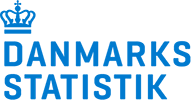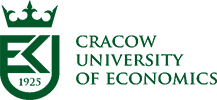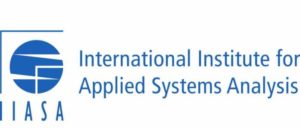Why do people migrate? Where do they choose to migrate?
Today, approximately 3.4 percent of the world’s population are international migrants – people living outside their country of birth. In the future, the number of people who move from one country to another may increase due to population growth in developing countries, increased mobility, political unrest in some world regions, and climate change. The question is how much may international migration flows increase and where will migrants go?
The Horizon 2020 project Future migration scenarios for Europe (FUME) focuses on understanding the patterns, motivations, and modalities of migration at multiple geographical scales, from international through regional to the local, and on developing possible future scenarios of migration to Europe. These scenarios shall improve our understanding of the complexity and diversity of migration – and support migration, integration, labour market and cohesion policies at different governance levels.
Understanding the drivers of migration, and people’s motivation to migrate is a precondition for making projections of future migration patterns. FUME researchers have interviewed potential migrants and migration experts in four countries of origin – Iraq, Tunisia, Senegal and Ukraine – and analysed demographic trends, livelihood opportunities, the demand for and supply of labour, as well as environmental threats to shed light on people’s motivation to leave or to remain in their places or regions of origin. In addition, migration experts from Europe were interviewed about their expectations regarding future migration to Europe. From the analyses, these factors are likely to influence people’s decision to migrate going forward.
This policy brief answers key FUME research questions, summarizes important project findings, and presents policy recommendations. It is based on fieldwork carried out in selected countries of origin including in-depth individual and group interviews of migrants, a review of migration literature, an expert survey of migration researchers, and a Delphi survey of migration experts.
🔈We have published a new FUME policy brief! Understanding the #drivers of #migration is a precondition for making projections of future migration patterns: https://t.co/glsznQkOAe @Nordregio @demografie_wien @IIASAVienna @NIDI_KNAW @SocialStatsMan @aautech @CNRsocial_ @CMI_Man pic.twitter.com/k3imsuhgVi
— Future Migration Scenarios for Europe (@fume_eu) March 21, 2023
Relevant publications:
- Boissonneault, M. and Wieke de Jong, P. (2022): Estimating Future Migration Flows Under Social and Environmental Scenarios Taking Into Account Interactions: Insights From a Survey Among Migration Scholars, in: Frontiers in Human Dynamics, vol. 4., article 897562, DOI: 10.3389/fhumd.2022.897562. Frontiers | Estimating Future Migration Flows Under Social and Environmental Scenarios Taking Into Account Interactions: Insights From a Survey Among Migration Scholars (frontiersin.org)
- Brzozowski, J., Stonawski, M. and Pędziwiatr, K. (2023): Polish case study: Results of the survey on immigrants coming to CEE, Future Migration Scenarios for Europe Report, Zenodo. DOI: 10.5281/zenodo.7794538.
- Brzozowski, J. and Coniglio, N. (2021): International Migration and the (Un)happiness Push: Evidence from Polish Longitudinal Data, in: International Migration Review, vol. 55, no. 4, pp. 1089–1120, DOI: 10.1177/01979183211004835.
- De Jong, P. and Boissonneault (2023): Global Scenario Narratives, Future Migration Scenarios for Europe Working Paper, Zenodo, DOI: 10.5281/zenodo.7777208.









